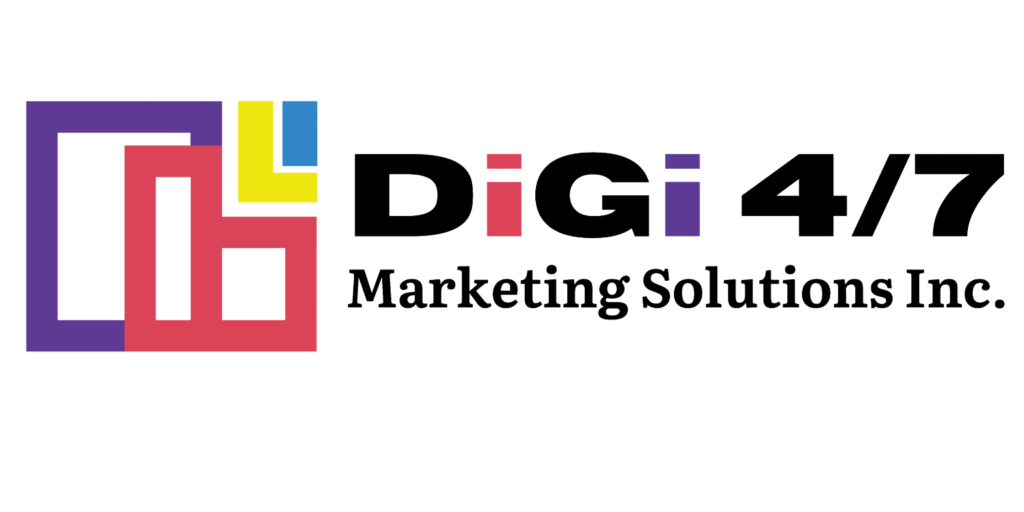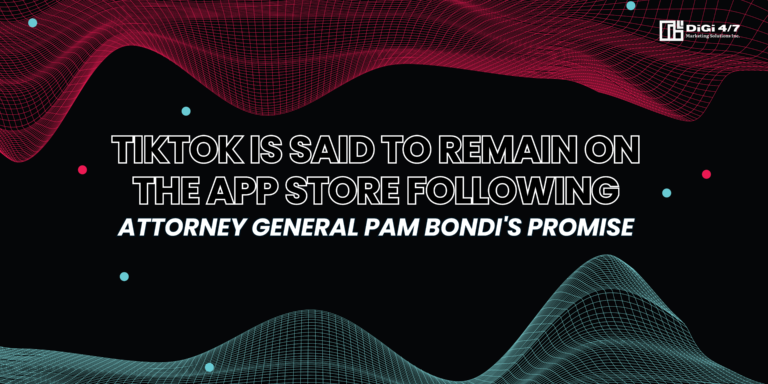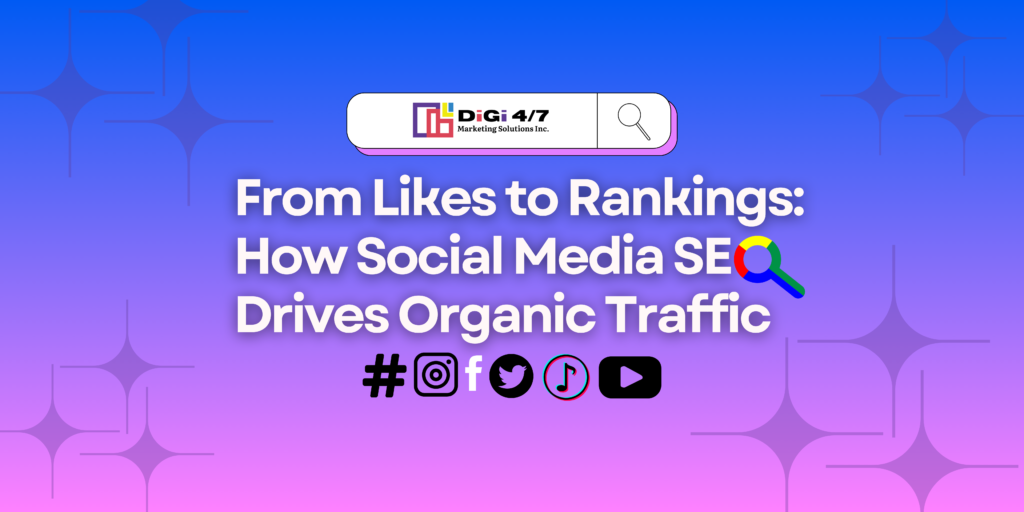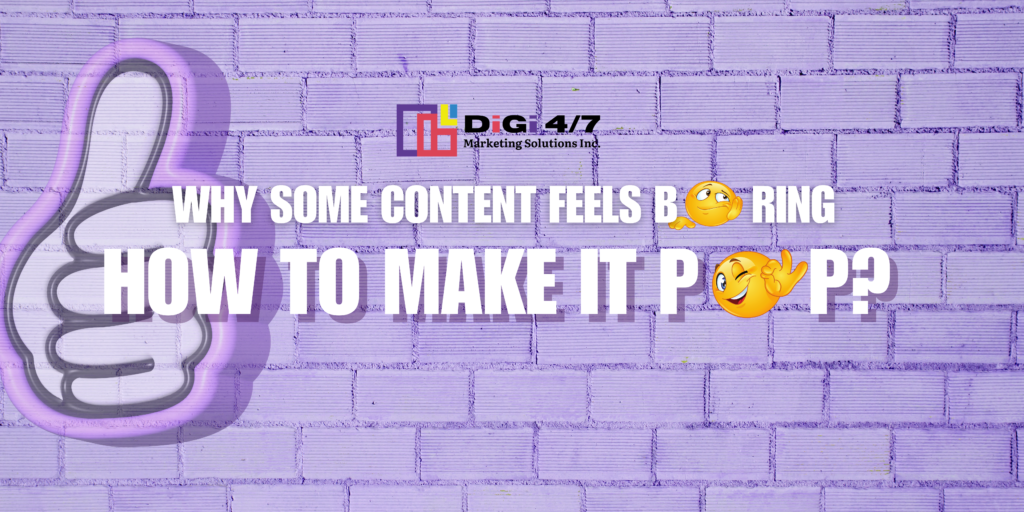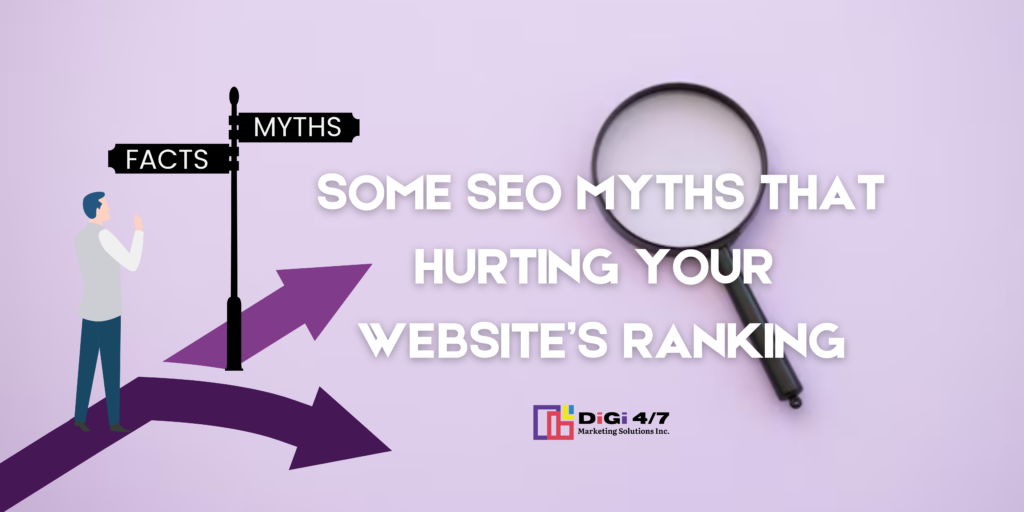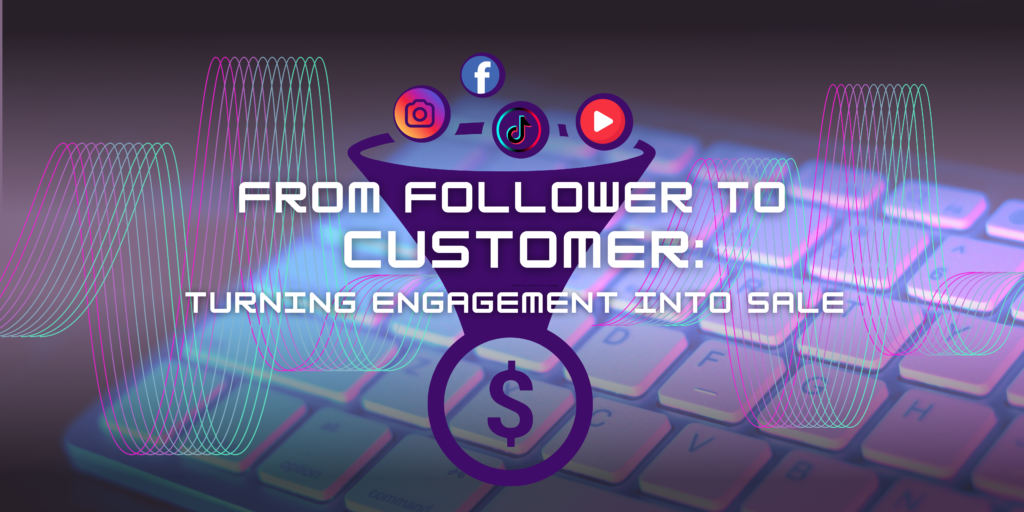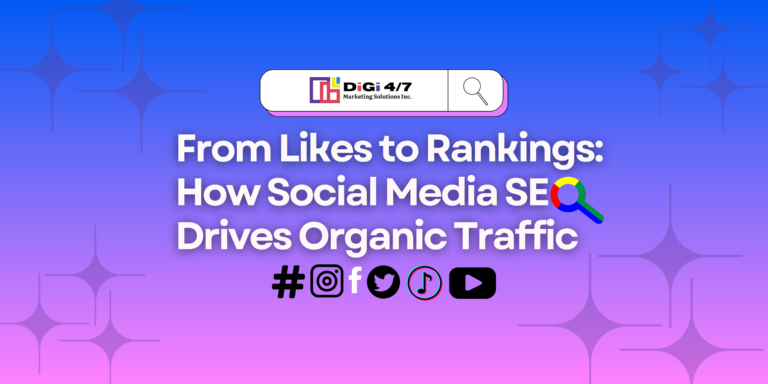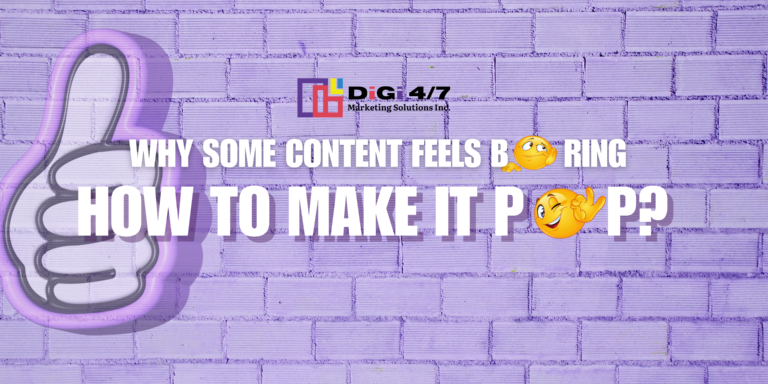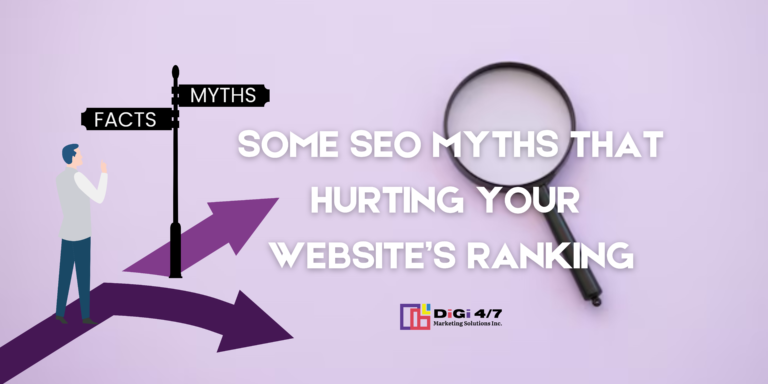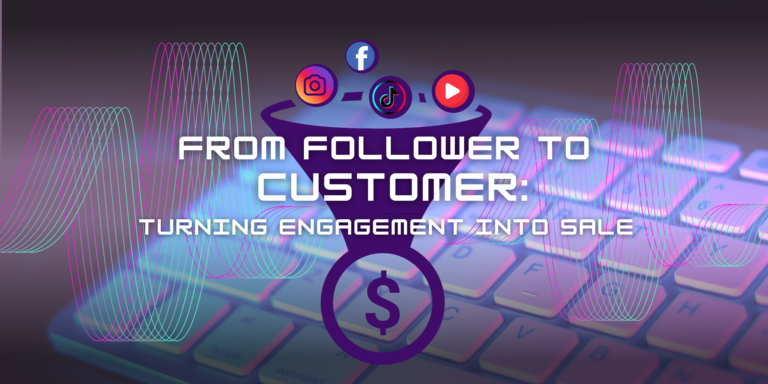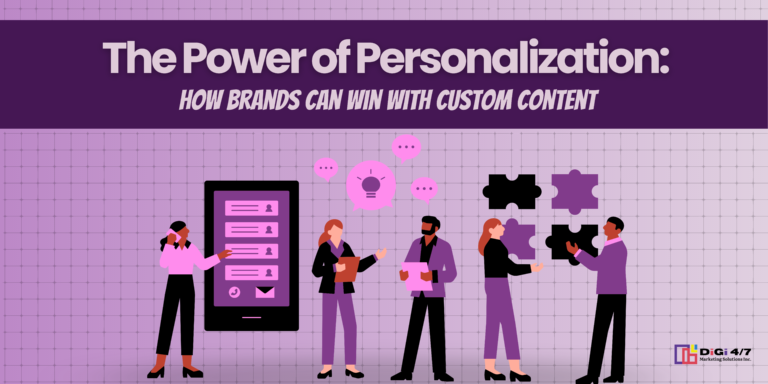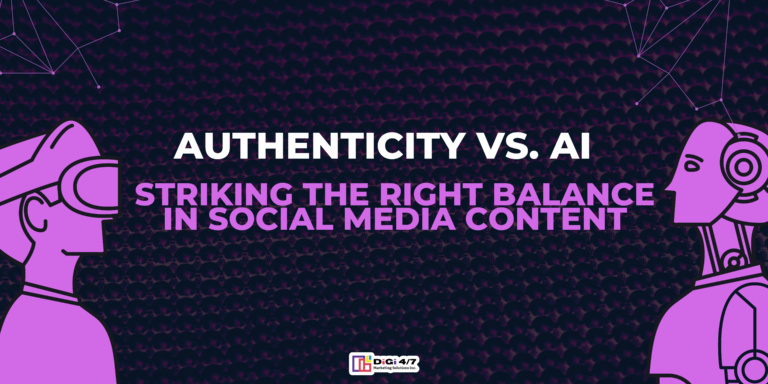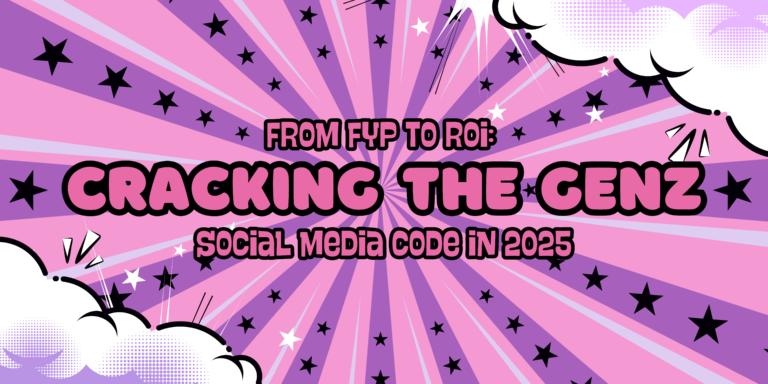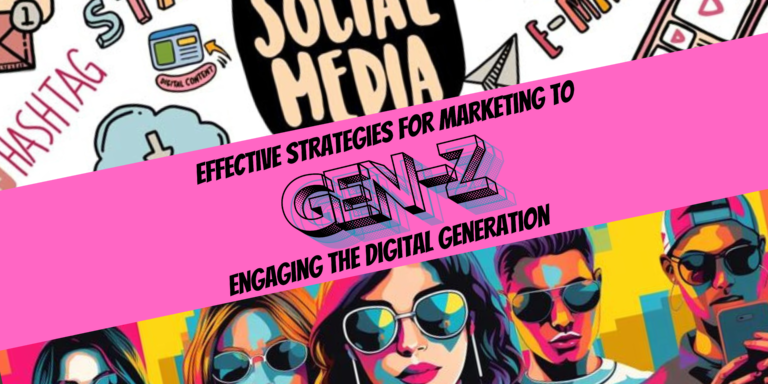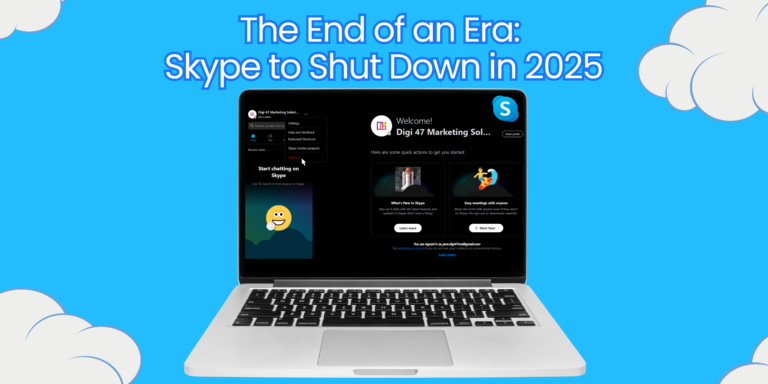Digital Marketing Trends Set To Transform Businesses In 2025
Published April 28, 2025
Key Highlights
- AI-Powered Predictive Marketing: Over 78% of Italian companies are embedding AI into their 2025 strategies—shifting from reactive analytics to predicting customer needs and automating content creation for smarter, faster campaigns.
- Voice-First Search Optimization: With more than half of all searches expected via voice by 2025, brands must rethink SEO for natural, conversational queries to stay discoverable on Siri, Alexa, and Google Assistant.
- Hyper-Personalization & No-Code Innovation: Real-time data drives bespoke shopping experiences, while “vibe-coding” and mini-SaaS platforms (e.g., Hostinger Horizons) empower non-tech users to build apps and chatbots in hours, not weeks.
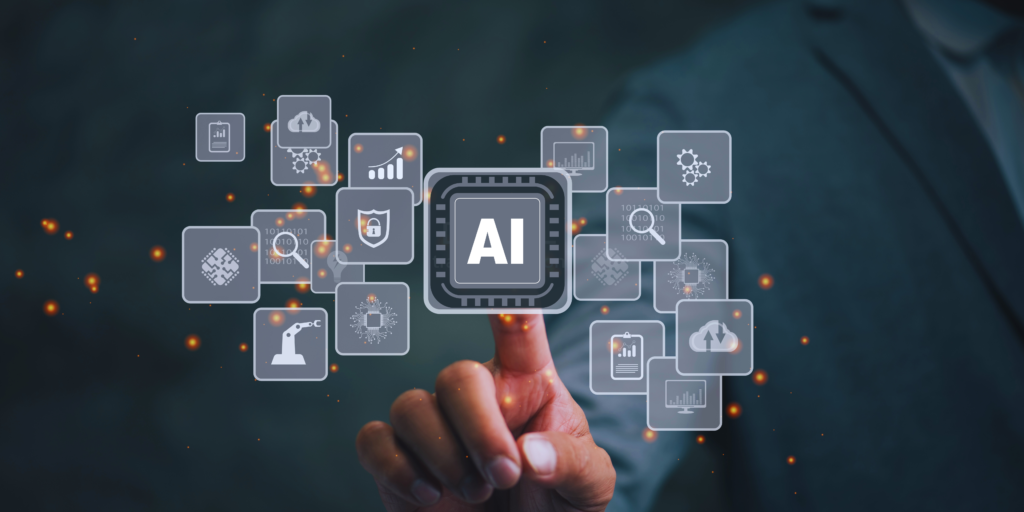
Most of the Italian companies are starting to use new digital tools like artificial intelligence (AI), voice search, and personalized content to better connect with customers. As we approach 2025, about 78% of businesses are updating their digital marketing plans to include these modern tools. These changes are helping brands talk to people in more personal and effective ways. New technology like vibe-coding and easy-to-use software platforms (called mini SaaS) are making marketing easier, faster, and more creative. All these trends are shaping the future of how businesses in Italy will grow and succeed online.
Artificial intelligence is one of the biggest game-changers in marketing. A lot of companies are already using AI or planning to use it soon. In fact, many tried using AI in 2024 to write content and analyze customer behavior. AI is helping marketers move from just tracking what customers do to actually predicting what they might want next. Sectors like tech, media, and sales are using AI the most, making customer service and selling smarter.
Voice search is also growing fast and changing how people find information online. By 2025, more than half of online searches are expected to be done by voice instead of typing. This is thanks to voice assistants like Siri, Alexa, and Google Assistant becoming more popular. To keep up, companies will need to adjust their websites so they respond well to voice-based questions. This means using natural and longer phrases that sound like how people speak.
Personalization is becoming even more advanced. Instead of just adding a name in an email, businesses are now using real-time data to make the whole shopping or browsing experience feel custom-made. Studies show that people are more likely to buy something when a brand offers products or content that feels personally chosen for them. Customers feel more connected when brands show they understand their needs. This helps businesses gain trust and build stronger relationships with their audience.
At the same time, new tech is helping people build digital tools without needing to know how to code. One example is vibe-coding, which lets users tell an AI what kind of tool or app they want, and the AI builds it for them. This makes it easier for business owners to create websites, chatbots, or tools in just a few hours instead of weeks. Platforms like Hostinger Horizons are even letting users build apps by simply chatting with an AI. These tools are affordable and great for small businesses or freelancers with limited tech skills.
Italy’s digital market is growing quickly, and businesses that adapt early are seeing the benefits. The country has a strong internet presence, and spending on online ads keeps going up. Mobile ads are now the most popular, and video and smart TV ads are also rising fast. E-commerce is booming, especially for B2B companies, with many making a good portion of their income online. On top of that, new laws like the Digital Services Act are pushing companies to be more responsible, which helps build trust with customers.
